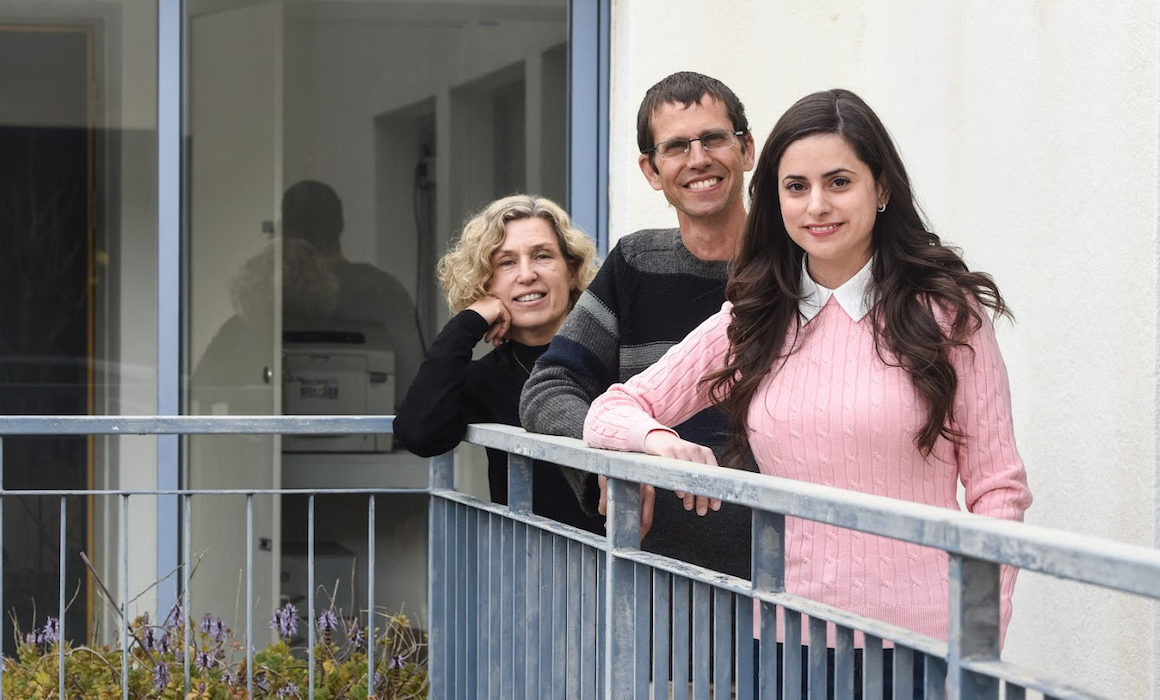Pictured Above / L to R: Professor Naama Brenner, Professor Omri Barak and Aseel Shomar.
In a revolutionary new discovery, Technion researchers Aseel Shomar, Professor Omri Barak, and Professor Naama Brenner propose that cancer cells are able to learn and adapt to changing environments in order to survive. Equipped with this knowledge, researchers are now investigating better ways of treating — and perhaps curing — cancer.
It is commonly thought that both drug resistance and the ability to metastasize appear in cancer cells as random mutations. Since such a mutation is advantageous to cancer cells, enabling them to survive in an environment that attempts to fight them, these mutations become dominant. However, mounting evidence from research groups around the world do not seem to match this hypothesis, and treatment plans based on this theory do not significantly increase patients’ life expectancy. Now, Aseel Shomar, Prof. Barak, and Prof. Brenner propose a new hypothesis that matches the evidence at hand: cancer cells learn and adapt to their environment, enabling them to develop drug resistances and conform to the new environments of metastasis locations.
While cancer cells have no brain, they are sensitive to stress, and seek ways of reducing stress through a trial-and-error process within their gene regulatory network. An interaction that reduces stress gets strengthened.
While tumors that learn and adapt might sound like a nightmare, Ms. Shomar, Prof. Barak, and Prof. Brenner also found reason for hope. The same mutations found to promote cancer in our body can be carried by cells that remain healthy. Even cells from active tumors, transported into healthy tissue, were in some experiments “cured,” reverting to their non-cancerous state.
“There is an interaction between the individual cell and the tissue,” Prof. Brenner explains. “The cell has the capacity to explore, but the tissue imposes order and stability. Cancer could perhaps be treated through strengthening the tissue’s ability to calm and control the pre-cancerous cell.” A better understanding of the system, such as the three provide, is a crucial step towards developing more effective treatments.
Most scientific studies add a titbit of data to an existing framework. This is one of a rare category of studies that re-examine existing data and propose a novel framework, offering answers to questions that had hitherto remained unanswered, and opening up new avenues of exploration.


